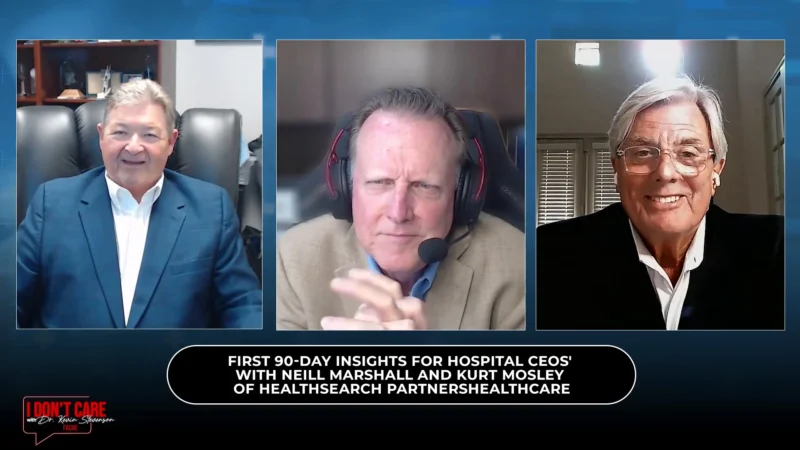EHRs Reduce Physician Burnout and Increase Physician Satisfaction
Many physicians may feel that maintaining Electronic Health Records (EHRs) is another implemented task that leads to increased provider burnout. However, research shows that just the opposite is true. In fact, EHRs are actually increasing satisfaction levels among providers.
Physician Burnout is Real and Costs Us All
According to a study published in June 2019 in the Annals of Internal Medicine, turnover and reduced clinical hours attributable to physician burnout cost the US healthcare system about $4.6 billion annually. So how do we recognize burnout? The World Health Organization––who is attempting to bring attention the problem of work-related stress––states the symptoms of burnout include “feelings of energy depletion or exhaustion; increased mental distance from one’s job, or feelings of negativism or cynicism related to one’s job; and reduced professional efficacy.” Lotte Dyrbye, a co-author of this study, states a source of burnout among doctors is an increasing load of paperwork and bureaucracy, which add stress to doctor’s lives. Physicians find meaning in helping patients, but often feel that increased reporting requirements––including electronic health records––add an unnecessary burden to their job that they consider tangential to patient care. But is that perception true?
EHRs Increase Physician Satisfaction Levels
While physician burnout is real, EHRs may not be one of the causes––and on the contrary, may help alleviate stress. According to the 2019 Future Health Index Report commissioned by Philips, 69% of healthcare professionals who use digital health records in their practice report that the technology had a positive impact on the quality of care they provide to their patients. Additionally, 64% of the physicians surveyed said EHRs had a positive impact on their job satisfaction. Clearly, the common assumption by healthcare professionals that these records add unnecessary administrative tasks to their workload is incorrect.
EHRs are Here to Stay––and That’s a Good Thing
It’s important to remember that many healthcare professionals are still adapting to new ways of working and are only now beginning to recognize the benefits of digital healthcare for both themselves and their patients. Electronic health records, after all, are still a relatively new technology. Widespread adoption of EHRs began in 2009 as providers sought to meet the demands of the EHR Incentive Programs and HITECH Act. In 2009, according to the Kaiser Family Foundation, only 46% of patients said their health provider regularly entered their health information into a computer-based medical record. Today, that number has nearly doubled, with 88% of patients saying their clinicians use an EHR. As a result, 45% of patients now say EHRs have improved care quality, and 44% say the tool has improved patient-provider communication. The research shows EHR technology improves care quality, and increased patient satisfaction will surely drive increased physician satisfaction as well.
ChartLogic is on a Mission to Positively Impact Patient Care
ChartLogic delivers award-winning healthcare IT solutions for providers of every size and budget. Since 1994, ChartLogic has expanded its software suite from the first Meaningful Use Certified EMR in the country to a complete ambulatory EHR suite including electronic health records, practice management, revenue cycle management, eprescribing, patient portal, and much more. To find out more about ChartLogic EHR, click here.









